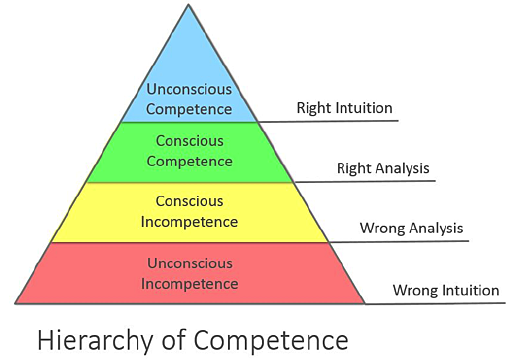If you are a ‘digital immigrant’ (Howell, as cited in Prensky, 2001) or a ‘digital native’ (Howell, as cited in Prensky, 2001), are you ‘digitally fluent?’ (Howell, 2012, p. 13).
Digital fluency refers to an individual’s ability to adapt and use technologies readily and strategically to learn, work and play (Spencer, 2015). We are living in a global information society known as the ‘digital world‘ (Howell, 2012, p. 11) which is highly interconnected through the internet using digital technology (Howell, 2012, p. 11).
But are you being left behind?

————————–
Spencer (2015) suggests the use of technology in teaching and learning will improve outcomes for students. The skills needed to actively participate in the current digital world are the skills that a digital native would posses, as suggested by Howell (2012), these are as follows:
- receiving information really fast
- parallel process
- multi task
How you develop a digital fluency in your students is by clearly understanding the level of skills at which the students are at and implementing technology rich activities to develop their digital fluency. “Experiences are as important as the skills as they will facilitate a positive aptitude towards technology and enable learners to continue to use digital technologies in their learning” (Howell, 2012, p. 232).
————————–
Do you need to become digitally fluent?
Personally, to witness the potential of kids who given the chance could adopt and cope in the current digital world, but due to environmental circumstances, will fall behind and lose the confidence to participate. It is depressing and unfair considering I have built very close relationships with these kids. Digital natives are born into a digital environment and learn digital fluency with easy given the chance (Howell, as cited in Prensky, 2001). Digital immigrants are people who embrace technology and choose to become digitally fluent (Howell, as cited in Prensky, 2001).
————————–
References
Howell, J. (2012). Teaching with ICT : digital pedagogies for collaboration & creativity. Oxford University Press
Spencer, K. (2015). What is digital fluency? Retrieved from http://blog.core-ed.org/blog/2015/10/what-is-digital-fluency.html
